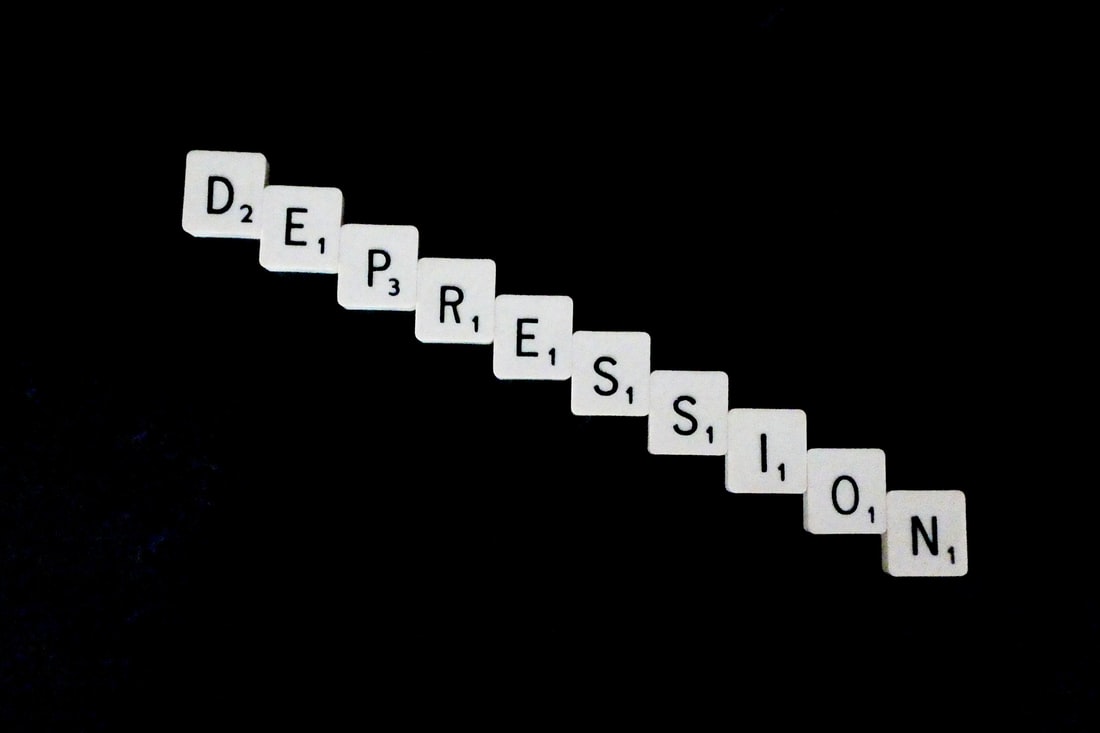Picture this: You’re sitting in your dorm, studying for finals. Suddenly, your phone lights up. It’s a text from one of your friends that you haven’t talked to since high school. She sends you memes that make you laugh until you realize that no one’s around and that it’s three o’clock in the morning. That form of distraction can be all too familiar with college students who suffer from depression.
According to a study by the American College Health Association (ACHA), College-aged Americans are more stressed out than ever before. In fact, 57 percent of undergraduates reported feeling “overwhelming anxiety” in the last year alone. Of this number, 20 percent show symptoms of major depression or dysthymia.
Amanda Lupin, a sophomore at Radford University, is one of them. Fortunately for her, memes are there to pick up the pieces when she’s feeling down. “When I’m having one of those days where nothing seems right or fun or enjoyable, I look at memes,” Lupin said. “Sometimes they can relate so much to what you’re going through that it makes you laugh about things that otherwise seem horrible.”
Lupin isn’t alone in visiting memedicine websites to feel better about herself and cope with depression—something known as ‘memetic therapy.’ According to the online meme database Know Your Meme, memetic therapy uses internet memes as an outlet for humorous expression or therapy.
The people who use it are often referred to as ‘meme-ers.’ While some meme-ers might be using the therapy to get through anxiety or tough times, others see it as a coping mechanism for depression. Memes about mental illness can help lighten the mood of someone suffering from depression and help them return to reality. For these reasons, many websites that hold memes specifically about mental health have popped up in recent years, including WeNeedaLOL, MENTAL HEALTH MEMES, and DankMemesOnDepression (two of which Lupin has visited).
However, memetic therapy isn’t without its skeptics—particularly when it comes to treating depression. While some argue that memes act as a form of self-medication and help reduce the effects of depression, others (particularly some psychotherapists) argue that memes make people worse.
This brings up an ideal question: do memes actually work as therapy?
In a study by Urban Dictionary user Gabi, memetic therapy is defined as “a way to deal with depressing emotions positively.” In her article, she argues that “sadness isn’t something you can just ‘get over’… You have to go through it.” Because of this, she believes memeing about what you’re going through might reduce not only negative emotions but also trigger laughter. Check Meme Scout to know more.
However, one big issue was brought up in a 2015 New York Times article by Ashley Parker. Parker argued that, while some may find comfort in memes, internet laughter can be a double-edged sword. She points out that while memes might make one person feel better, they could also give someone “a convenient scapegoat to deflect” their own depression or anxiety.
With these issues in mind, it’s important to know how (and when) meme therapy works best for people living with depression. No matter what mental illness you’re struggling with, seeking help from friends and family is always the safest option. If you don’t have anyone else around to talk to about your feelings or if you think you need more than just emotional support, here are some tips on finding professional help:
Start by calling your insurance company to see what providers your policy covers.
- Next, search for therapists in your area who specialize in the type of mental illness you’re dealing with. Do not forget to check this physio hobart, they offer different services for you.
- Contact each one and ask them about their experience working with people living with depression or whatever other mental health issues you might be struggling with. If they don’t seem like a good fit, keep looking!
- Once you find someone you think might help, set up an initial appointment (or two) to discuss how therapy can help improve your quality of life.
Psych Central also suggests that it’s always helpful to keep track of anything that makes you feel worse about yourself—even if it seems small at the time. This can help you figure out what to avoid when it comes to your mental health.
After all, the best way to improve your quality of life is to give yourself a healthy environment in which to thrive!

